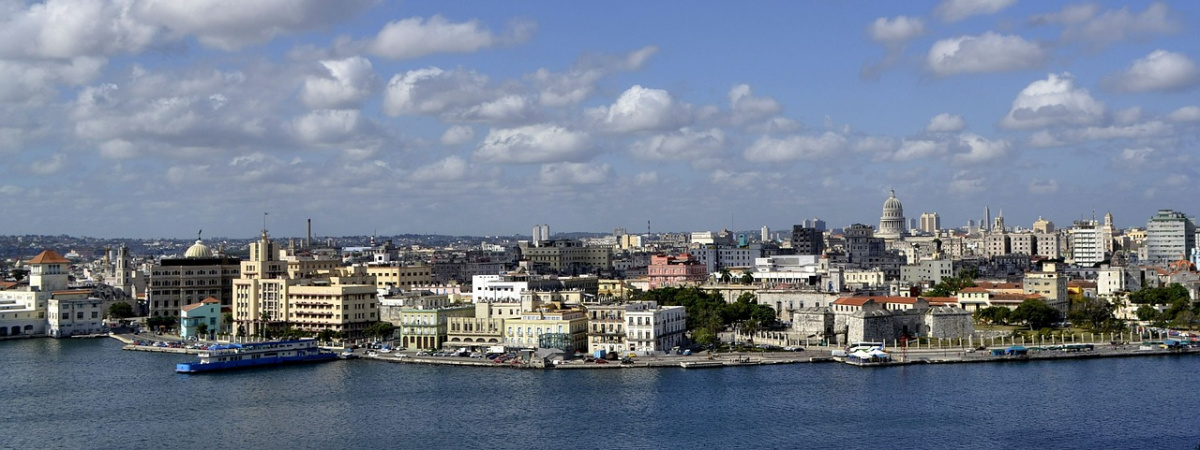

The Fidel Castro Heritage Center was opened in Havana five years after the death of the father of the Cuban Revolution (1926-2016).
A month after his death, the Cuban parliament passed a law prohibiting the use of the name of the Cuban leader to designate institutions, squares, parks, avenues, streets and other public places.
Faced with criticism from his opponents, who accused him of creating a cult of personality, Castro said he did not want to be erected after his death.
However, the law provides for an exception, which allows the use of the name of a world famous revolutionary to designate an institution created to study and disseminate his thoughts and work.
The Fidel Castro Heritage Center, which is free to enter, has nine rooms with giant screens and touch tables that allow visitors to take a virtual tour of his life and work.
In the halls, on the walls of which the sayings of the leader of the Cuban revolution are inscribed, his personal belongings are exhibited, including a uniform and a Kalashnikov rifle, which accompanied Fidel Castro throughout his life, as well as state awards, including the Star of the Hero of the USSR.
The cost of restoration work in a building that once belonged to a family of Catalan bankers is not disclosed by the Cuban authorities, but they assure that this was not associated with significant expenses for the state budget, since most of the funds came from donations from other countries.
 Blogs
Blogs
